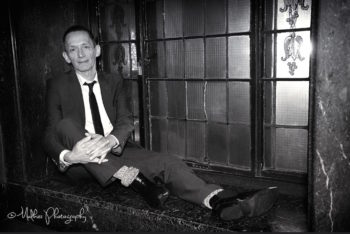
Founder of The Clash, PIL, Discusses Punk’s Evolution
Interview © 2016 IVOR LEVENE, Photos © MELANIE SMITH
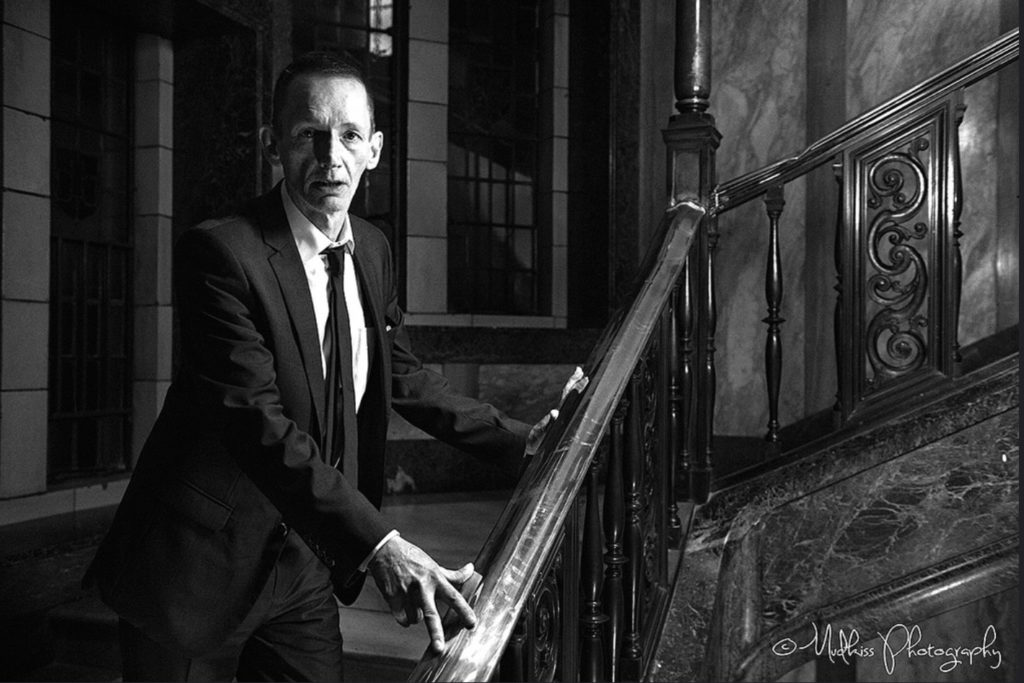
I recently sat down for a long discussion of happenings past and present with the founder of The Clash and Public Image Ltd., Keith Levene.
Unless you’re more than a casual fan of the aforementioned bands, Keith is not going to be a familiar figure to you. He left The Clash prior to the band’s recording of their first album. He founded PIL with John Lydon and then split with him after friction within the “company” but has kept his hands and his head in the punk culture since taking a break from the music scene.
If you’ve followed Keith on social media in the past few years, you’ve no doubt seen some slagging and Twitter-fighting between Keith and John Lydon over creative differences and PIL, and the haters who insist he was kicked out of The Clash for doing too many drugs.
Working from the present backwards, Keith is going to hold what can best be described as a kickstarter for punk this summer in London. Entitled “Screen on the Green,” the event is going to be a retrospective of the last 40 years of punk, but will also look forward and try to position itself as a catalyst for future generations of punks in music, art, and fashion.
Keith Levene wants to set the record straight, let you know that the spirit of punk is alive and well, and have you “pull your head out of your ass” when it comes to the history of his involvement in The Clash and PIL. (Part One of a Two-Part Interview, Read Part 2 at USRockerMusic.com)
I have questions about London 1976, the clash, PIL, punk, you, and everything.
KL: London 1976 is now Keith Levene 2016. I never liked “London 1976.” It was a good set of rails to run on, just to get the work out that came out of it, books and what have you. It’s about now. Screen on the Green is the 40th anniversary of the Clash, the Pistols, and the Buzzcocks playing at The Screen. I stole the Steve Jobs thing: “1984 won’t be like 1984,” and London 1976 won’t be like London 1976 because it’s Keith meets 2016. When I did The Screen 40 years ago, it was a great show. It was Bernard Rhodes, The Clash had just got together, the Buzzcocks, we all knew The Pistols. It was a really great show. It started at 12 and it was a quid to get in. I can’t emulate that, but I can reflect what’s going on now. I’m not going to turn up there now and do “The Clash show.” My thing is “40 years of punk rock and we’re only at the beginning.” I’m talking more about the spirit of punk rock than I am about punk rock.
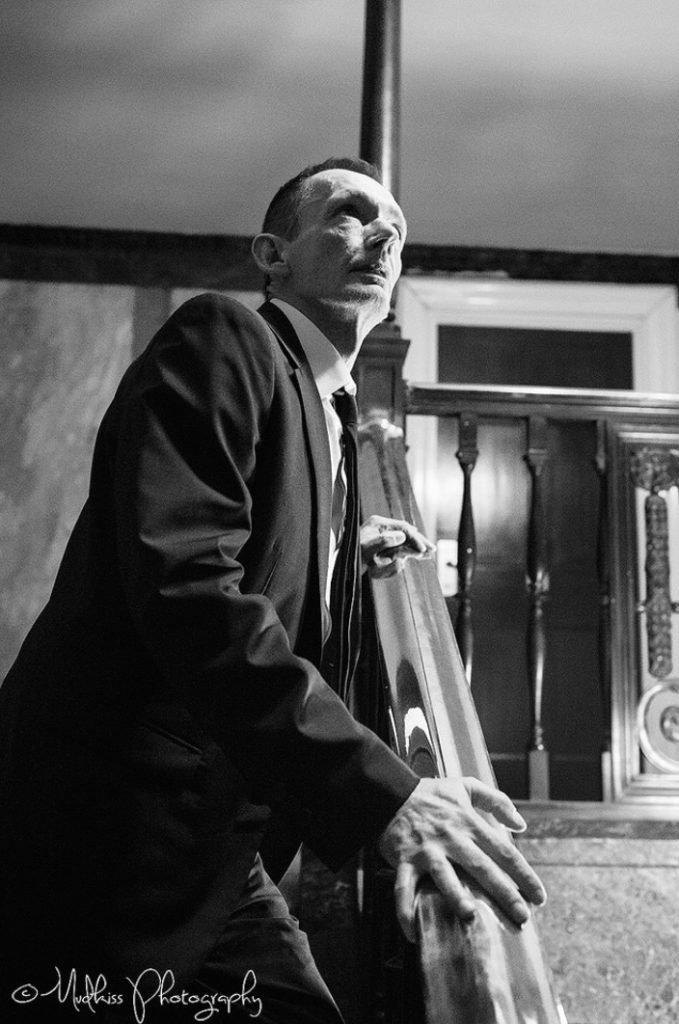
How is it that punk still survives and just about every other form of rock is essentially dead?
I think the spirit is definitely alive. I still hear the music, so the music is definitely alive. Essentially rock is dead. Corporations absorbed it and turned it into a commodity where it’s all about looks and zero talent. 40 years ago good music practically wrote itself. There were more bands around than you could follow. Today? Nothing.
Everything has changed so much since then, but I think the basic premise is still the same. There are still some enemies out there, and they are very defined and focused. At the time, we deconstructed a lot of stuff. We weren’t responsible for so much stuff, but we were responsible for knowing when to act. We were just kids, and now, the people who are left, they have much more responsibility, and they’re in a position to do something really good within the framework of the spirit of punk.
It’s a much scarier world today than it was in say 1976.
My thing is, here we are in this refined and upgraded world, and the ones who survived know what it’s like, and now’s the time for punk, more than ever…
What about the younger generation, do you think they feel the same way?
I haven’t solidified what I’m gonna do at The Screen (or wherever this event’s going to be, because there’s some clouds over some parts); I want to use young people, have them do their thing. There’s certainly going to be a presence of me, and me playing, and playing some new stuff with young people. I want the band to be called The London Power Station. And who knows what will come out of it. The whole idea of what was originally “London 1976” wasn’t just music. It was music, art, design, and fashion. I want to “bring something to the table.”
You know, just get it on. And with a complete lean towards independence, just really do it yourself. Based on the premise that the only fucking option you’ve got is to be a corporate robot. There’s no fun any more, there’s no TOTP, There’s no fucking focus. There’s a lot of people out there that are really interesting, and I just want to pool them. We’re not a band, we’re not a company, we’re a collective, I just want to create a lot of potential. The only poster they had up at the screen on the green when I went to talk to them was of this event that was four years ago.
Do you think this is going to spur something new? The corporations have pretty much taken over and ruined what was once a great art form.
Yeah, no doubt. I wrote a Clash tune and officially recorded it last year and it’s called “The Voice of Punk Rock.” And yeah, the corporations have taken everything and sanitized it and ruined it. The thing is though, just fuck that, I mean we’re never gonna take that down. I just say fuck them, watch this, they haven’t ruined anything. I just want a good event, to create some fucking avenues,
Do you think it will go further than just a good event?
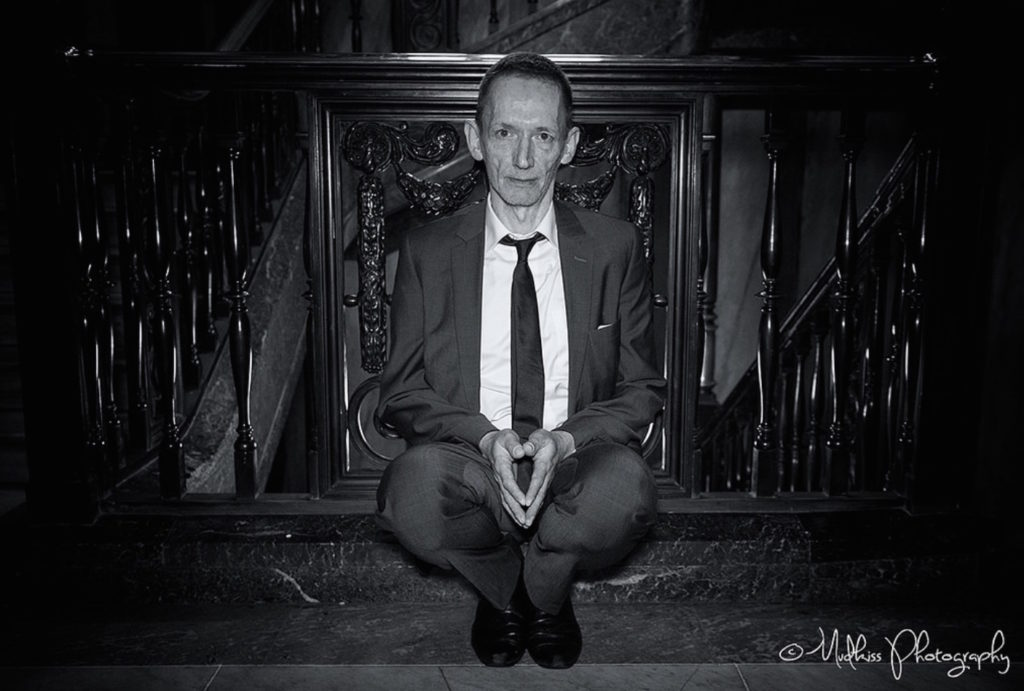
It’s not like I think I’m gonna take over and be the Richard Branson of Punk, or the anti Simon Cowell, it could be this, it could be that, it’s just a question of pooling resources, I mean the outlook’s different these days, isn’t it?
Everything is very cynical these days. You can’t make a record or really hit it big without looking perfect.
We know this, and it’s all fucking bollocks, but obviously you and I can both see past that, right? I think the point of making a record today is “where the fuck can we focus them”? These writers today really can’t write a fucking thing unless they’re told what to write. Well, what the fuck’s going on? It’s just stupid. It’s the parity with 1976 that I’m trying to create; it’s the same job.
Have you been treated unfairly by the press?
Yeah, it’s fucking awful. The stories that are out there are so warped. They only mattered then and it’s really about now.
You’ve started an institute haven’t you, The 1976 Institute?
I really need to rename this shit, I was calling it “The Institute” but I don’t know what we’re going to call it at the moment. The name really doesn’t matter. It’s just kind of a legal problem for reasons I just cannot be bothered to go into. It’s not going to be called “The Institute” although I really did like the name and it’ll be a drag if I can’t use it, but I don’t know what I’m gonna call it yet.
The thing we were going to put together was something educational with all these modules and master classes and it really just wasn’t my bag, I really wasn’t liking it. So what I really wanna do is put an event together and really observe what’s going on. I’m making this movie to go with it. I’m going through this whole process and I’m filming a lot of it for a movie and I’m not going to decide on it until it gets closer to the event.
So the institute really should be a reflection of what we achieve at this event. If it comes together and it just ends up being a good gig and an OK movie then it turns into a really cool networking event. I’m having all kinds of really good ideas, I’m even thinking of putting Wobble into this, for performance, just because he’s really good, and we’re really good together. Like I said, I really haven’t decided what it’s going to be. The idea is to pack as much potential into it as possible so something really good can come out of it.
What about helping new artists? Helping them get gigs, record deals, things like that?
What I want instead is to have all the artists work together and figure it out. I don’t want to say, “Hey, this is how you should do it.” Unfortunately, a lot examples of how to do it aren’t available these days. The only person I’ve seen that’s really made out in the corporate sector and got what he wanted is Nile Rogers. He’s the only guy I’ve seen that’s excelled and really made the corporate thing work.
Interesting that you use Nile Rogers as an example. He’s been up for nomination into the Rock Hall 10 times now I think, and has still yet to be inducted. He’s one of the most underrated musicians of all time.
He’s very cool about it. He doesn’t really need the adulation; he just gets on with it.
He’s also partially responsible for the popularity of the entire Disco genre, and had his hands in a lot of funk.
Yeah, he’s absolutely brilliant as both a producer and a musician.
That’s the kind of pull and power you absolutely need to make the corporate thing work. You don’t need to do anything and people will just welcome you.
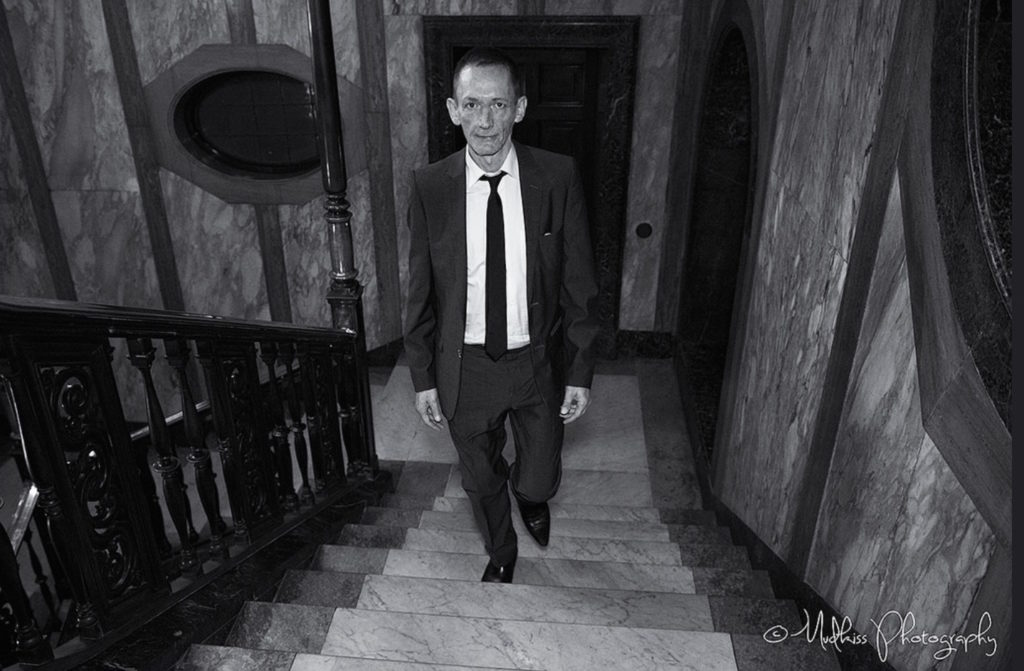
Let’s say you do put something really good together, some really good band. How could you possibly keep them from being bought out by corporations?
That’s where the institute comes in, right. I mean ultimately, it’s their own fucking choice.
Forty years ago, you didn’t have to worry about this sort of thing. You didn’t have to worry about the corporations snapping up every new artist. Or did you? Back then you had greedy record companies doing the same thing, right?
At least back then, they let a lot more art in and they gave artists a lot more freedom. Now they’ve got it all tied up because of money. They’re such a bunch of fucking pricks you know. And we all hate them, right? But at least it gives you something to rub up against. It doesn’t have to be anger, but there’s an energy. So there’s no need to break the walls down, just create an alternative. It can be done, and it has to be done. It’s 2016, it’s not 1976.
Has it reached critical mass yet?
I haven’t gotten all the youths I need yet, but I’m getting some really good results. So I can’t say that much about it.
Read Part 2 of the Keith Levene interview at USRockerMusic.com
